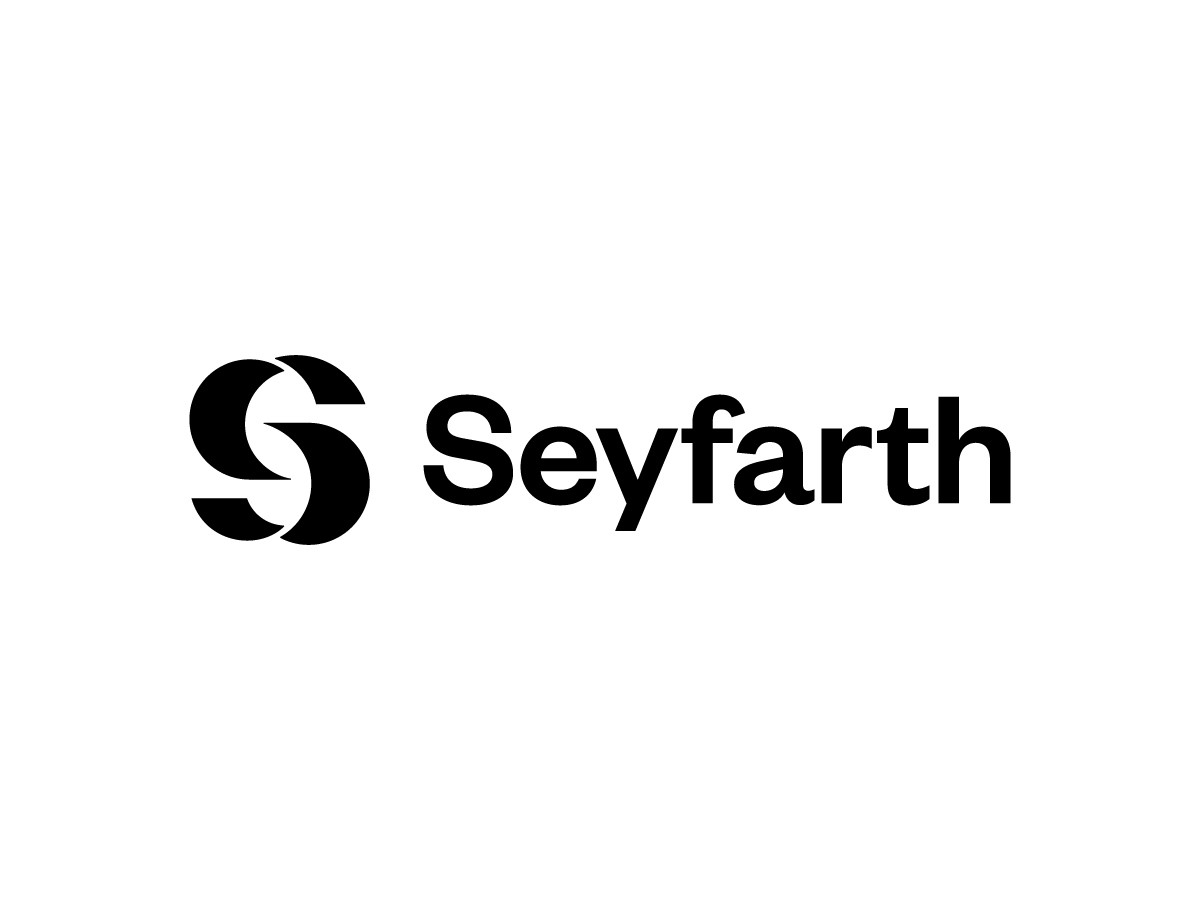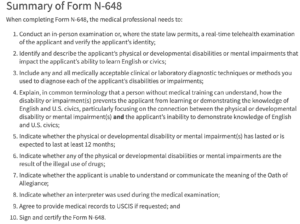Florida Grand Jury Presents Options for State Action on Illegal Immigration
Several weeks ago, a statewide grand jury that was empaneled in central Florida issued three more reports (the fifth, sixth, and seventh) from its 18-month-long investigation of the causes and consequences of recent illegal immigration to Florida, and the corresponding prevalence of human smuggling and human trafficking occurring in the state. These reports are a thorough and eye-opening examination of the impact on Florida of both the Biden administration’s border policies and certain weaknesses in federal law. They present a set of excellent recommendations for changes to Florida law that should serve as a model for other states looking for ways to address the problems brought on by the last three years of mass illegal immigration.
The grand jury identified a concerning amount of criminal activity occurring in Florida that is directly associated with illegal immigration. It also found that under Biden policies, the federal government is enabling these crimes.
Among other issues, these reports examine the role of the non-governmental organizations (NGOs) that are working as contractors in the Biden administration’s vast resettlement effort in Florida, and the extent to which these NGOs also may be facilitating smuggling and trafficking of illegal migrants. In the sixth report, the names of the NGOs whose representatives testified before the grand jury were redacted, but in the seventh report, issued in late March, they were identified: Catholic Charities of the Archdiocese of Miami, Lutheran Services of Florida, and Florida Gulf Coast Jewish Community Services.
The report notes that these NGOs are receiving millions upon millions of taxpayer dollars for their work, but they have operated with very little oversight or transparency. “This river of accountability-free money has polluted the entire process,” says the report (p.7). Some Florida NGOs involved in the migrant resettlement business even refused to appear to testify about their activities, citing concerns that they could lose funding or contracts from the federal government.
As a result, the very first item on the list of recommendations issued by this grand jury is for the state government to convene another statewide grand jury “solely to investigate the questionable activities of Non-Government Organizations doing immigration business in or with our state, especially the misuse of grant funds, avoidance of transparency in use of public funds, and contravention of state laws”.
In addition to the discussion of the NGO activities, the report offers a fascinating, detailed account of the problems surrounding the transmission of remittance payments from migrants and other individuals out of the country. The grand jury learned that an enormous amount of money — $5.2 billion — is wired out of Florida to foreign destinations by just a handful of the numerous money transmission companies over a recent year-long period. Some of these transactions are actual remittances, or sums of money sent by legal or illegal immigrants to support family members in their home countries.
However, a large share of these international transmissions are not actually benign remittance transactions, but are payments to smugglers, cartels, or other criminal organizations, often under coercion, which are being laundered and concealed from authorities under the auspices of remittance payments. Some payments come directly from illegal migrants to pay off a smuggling debt or, worse, are extorted from the migrants by the cartels. Others are illicit proceeds from criminal activity that are “structured”, or broken down into a series of smaller transactions that are made by paid money mules (often non-citizens) in order to launder the funds and avoid detection by authorities.
Here is a summary of the recommendations, which begin on p. 142 of the fifth report, and the reasons for the recommendation. For some of these recommendations, the grand jury provided suggested legislative language.
-
Investigate NGOs. Form another statewide grand jury to investigate potential crimes and illegal activity of NGO contractors hired by the Biden administration to resettle illegal aliens in Florida. The grand jury found that some of the key actors that support illegal migration to Florida are NGOs that receive lucrative contracts funded with public money, awarded in near secrecy with little oversight and without consultation with state or local officials. Among the NGOs mentioned in the report are the international aid organizations that encourage migrants to cross illegally, but never warn them about the dangers. Said the report:
These NGOs do not truly or exclusively operate as humanitarians. They do not spend federal grant money to convince alien populations not to risk a life-threatening odyssey. Rather, they magnify the magnetic illusion of economic prosperity at the end of a migratory trek. They provide cash cards, cell phones, and transport vehicles and what amount to safari-style guide maps through portions of jungle and across deadly terrain, increasing the number of individuals who thus elect to make the journey and enabling Transnational Criminal Organizations to amass fabulous wealth and a bottomless pool of victims in the process.
- Vet Sponsors of UACs. Require all those who offer to sponsor an unaccompanied alien child (UAC) who are not the biological parent or legal guardian of the child to appear before a Florida family court to apply for legal guardianship. This recommendation is designed to address the negligent standards adopted by the Biden administration that facilitate the placement of minors with unrelated adults without thorough vetting or post-release monitoring, resulting in the placement of minors in abusive situations, including forced labor and commercial sex trafficking. The grand jury found that every year about 400 UACs who initially had been placed in the custody of sponsors in Florida end up in the custody of the state child welfare agency as runaways or abused kids.
- Prevent Abuse of Juvenile Visas. Closing a loophole in Florida law that enables advocates for illegal alien “minors” (up to the age of 21) to make frivolous petitions in Florida family courts for an order of protection that gives the “minor” access to a Special Immigrant Juvenile (SIJ) green card. The SIJ green card was originally intended for minors who are genuine wards of the state, lacking competent parents or guardians, but in recent years it has morphed into an amnesty program for illegal aliens under 21 who would not otherwise qualify for permanent residency — even those with criminal records or other ineligibilities.
- Gather Data on Criminal Aliens. Require all corrections, sheriff’s, and police departments to collect and report data on the immigration status of all those arrested to the Florida Department of Law Enforcement for compilation and publication.
- Consequences for Egregious Immigration Scofflaws and TCO Operatives. Create a sentencing enhancement for aliens who have been removed from the United States but have returned and committed felonies in Florida. In addition, the grand jury recommended creating sentencing enhancements for those proven to be a member of a cartel or transnational criminal organization (TCO). The report has a long section discussing the involvement of criminal cartels in illegal immigration, not only in smuggling and trafficking across our borders, but now also with an expanded presence in the United States. Notes the report: “These are no longer simply thugs with small armies; they are essentially absurdly wealthy mini-countries in a perpetually belligerent posture.” (Fifth report, p. 68)
- More Identity Authentication. Noting the increase in illegal-immigration-related identity theft, the grand jury recommends that Florida consider enacting stronger “universal documentation requirements”, or verification of identity for employment and other situations. In addition, it recommended that both potential employers and identity theft victims be notified when a person’s identity information — especially a Social Security number — has been stolen. (p. 104)
- Fees on Remittances. The grand jury proposes that Florida enact a law that would impose a fee on all electronic international money transmissions. The fees, which would be collected by the commercial money transmitters, would range from $5.00 for small transactions to 1 percent of large transactions, and would be used for state immigration enforcement or for services to support UACs who become wards of the state after entry.
- No Sanctuary for Illegal Hiring. Finding that the primary motivation of most illegal migrants is to work in the United States, and that unscrupulous employers can get away with hiring them using labor contractors and staffing companies (p. 105), the grand jury recommended that Florida consider imposing some legal liability on both employers, their contractors, and staffing companies for illegal hiring violations.
- Universal Mandatory E-Verify. In addition, the grand jury suggested that all employers be required to use E-Verify, not just those with more than 25 employers, as was stipulated in a new law last year.






